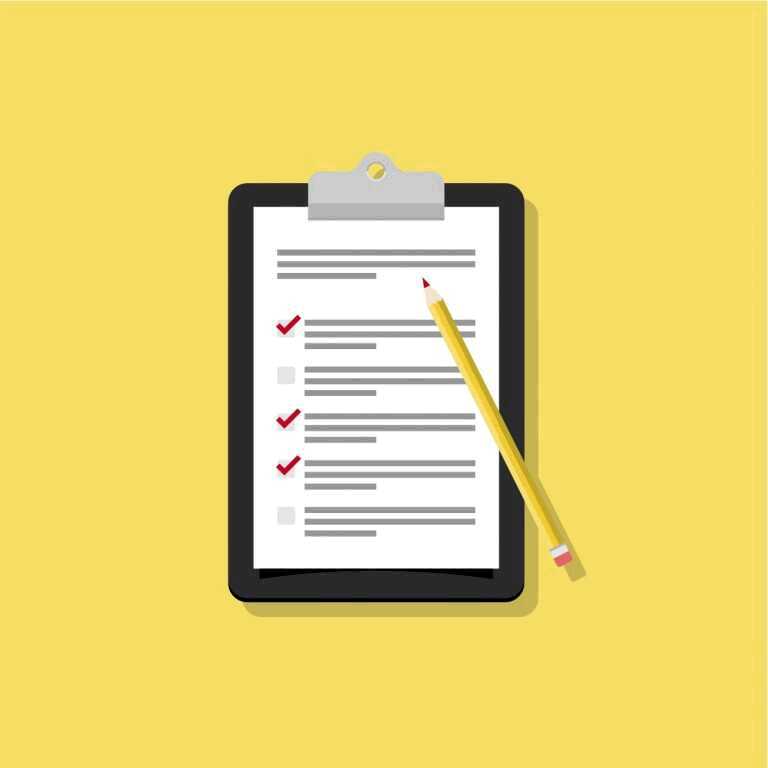
A diabetes diagnosis is a difficult thing to handle, as some thorough lifestyle changes are bound to need to take place. Although diabetes can be managed, it can take a few months to get into the swing of a new lifestyle and medical routine.
After diagnosis, do these 5 things to make the transition smoother and easier.
#1. Check In With Your Insurance Company
 A person with diabetes requires more medical care and coverage than someone without, so check in with your insurance company to determine how thorough your medical coverage is and how much you can expect to pay out-of-pocket for anything you might need, such as insulin, a pump, syringes, and monitoring equipment.
A person with diabetes requires more medical care and coverage than someone without, so check in with your insurance company to determine how thorough your medical coverage is and how much you can expect to pay out-of-pocket for anything you might need, such as insulin, a pump, syringes, and monitoring equipment.
Many good-quality insurance companies will cover much of the materials required for diabetes diagnosis, but some will only cover the basics, so make sure you find out exactly how much will be covered; you don’t want to fill prescriptions and buy equipment only to find you cannot afford it or no reimbursement will be provided.
#2. Clear Out Your Kitchen
If you have been diagnosed with diabetes, you usually have to pay close attention to your diet and make some alterations to the way you have been eating. To make this easier, immediately clear your kitchen of any problematic foods (heavy-sugar, heavy-starch, and heavily-processed items, for instance), and stock it with whole foods, such as fruits, vegetables, and whole grains.
#3. Make an Activity Plan
As with food, you will likely need to modify your exercise habits, even if only a little bit. Sit down and make a plan—preferably with your physician. Once you’ve made your plan, encourage success by giving yourself an accountability partner (a friend or loved one) who can check in with you each day to make sure you are sticking to your plan.
#4. Practice Monitoring Your Condition
If you are unfamiliar with how to test your blood sugar and how to improve it, ask your doctor for help the first few times and practice in the days following your diagnostic appointment.
While you might have been encouraged to check your blood sugar only 3-4 times per day (or even less), in the early days, check a bit more often and any time you feel your energy or mood levels shifting. This way, you will learn your body’s reaction to high and low blood sugar and be able to recognize warning signs sooner.
#5. Remember to Plan for Your Mental Health, Too
 Diabetes diagnosis can cause a wave of self-doubt or self-directed derision. If you find yourself blaming your decisions over the past several years or wishing you had done things differently, try to stop, take a deep breath, and forgive yourself. Diabetes very often has far more intricacies involved than you simply not caring for yourself properly and may have significant genetic factors stacked up against you. Enlist the help of a therapist or counselor, if need be, to come to terms with your diagnosis and the path ahead.
Diabetes diagnosis can cause a wave of self-doubt or self-directed derision. If you find yourself blaming your decisions over the past several years or wishing you had done things differently, try to stop, take a deep breath, and forgive yourself. Diabetes very often has far more intricacies involved than you simply not caring for yourself properly and may have significant genetic factors stacked up against you. Enlist the help of a therapist or counselor, if need be, to come to terms with your diagnosis and the path ahead.
ADA. Accessed 4/4/17.
Diabetes UK. Accessed 4/4/17.
